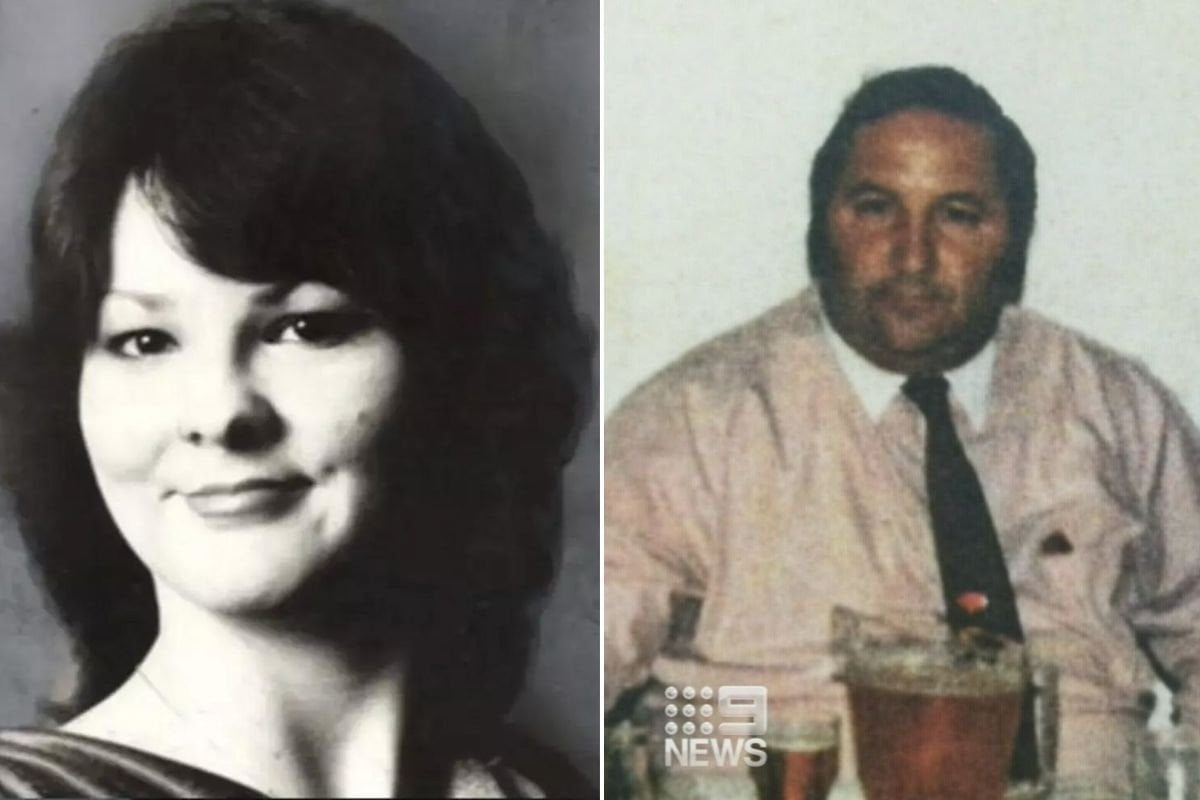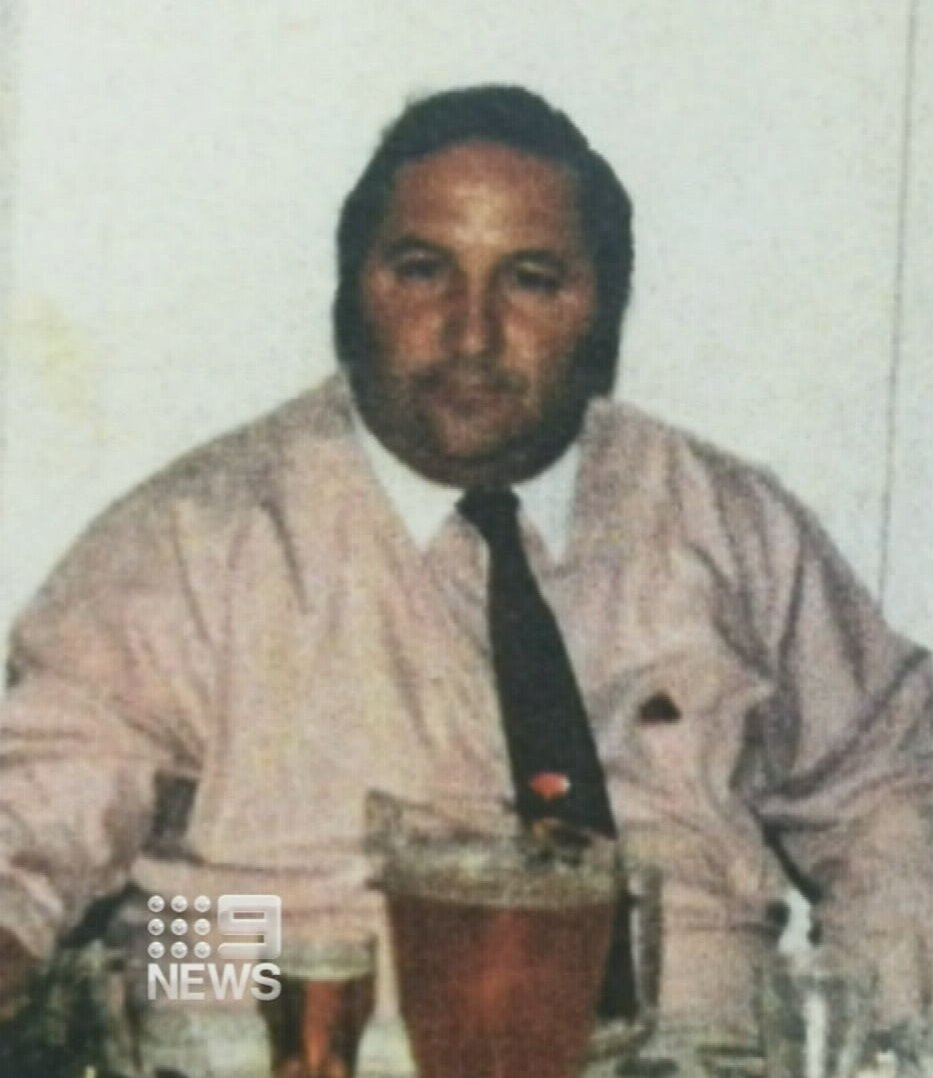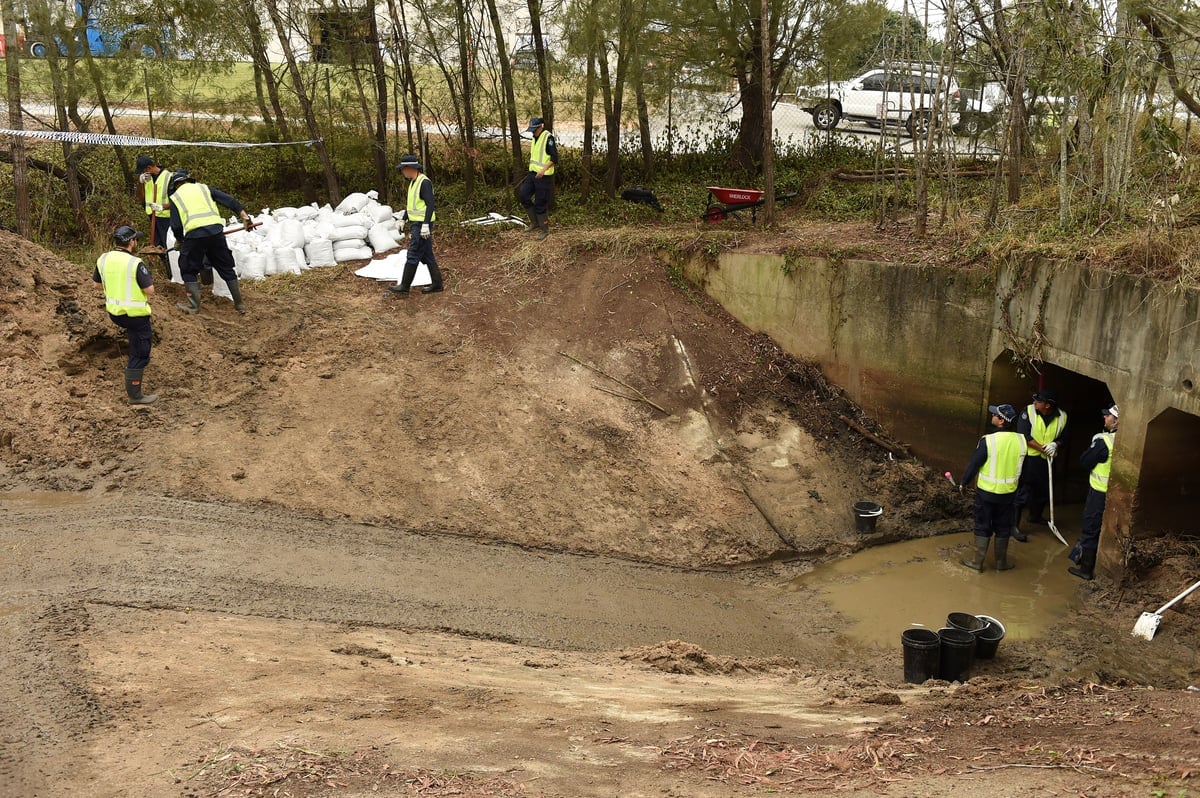
Warning: This post mentions murder and rape and might be triggering for some readers.
When Sharron Phillips vanished from Wacol, Queensland, in 1986, it fast became one of the state’s most famous murder mysteries.
A young woman, just 20-years-old, last seen on Ipswich Road just before midnight on May 8 having run out of petrol 10km from home.
With the nearby service station closed, she used a payphone to call her new love-interest, Martin, for a lift.
It was 11:18pm.
He got caught up with a flat tyre himself, and by the time he arrived just after midnight, she was gone.
He'd noticed her empty car on the side of the road, and assumed she must have found a lift elsewhere.
She was never heard from or seen again.
Listen to QLD journo Kate Kyriakou talk through the case on True Crime Conversations.
It was Sharron's workmates who first raised the alarm when she didn't turn up to the Peaches 'n Cream Fruit Market at 07:30am the next morning.
She was a very reliable employee, so they were immediately suspicious and were quick to alert her parents.
It wasn't long before her dad, Bob, came across her abandoned car on the side of the road, which he decided to bring back to the family home.



Top Comments
Will this man be charged in any way for withholding this info? Are there any consequences for people who fail to report criminal activity?